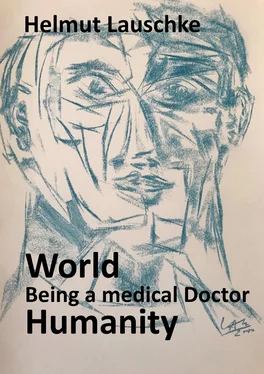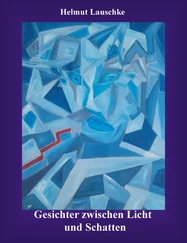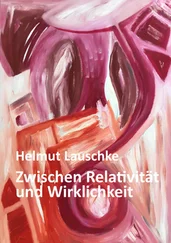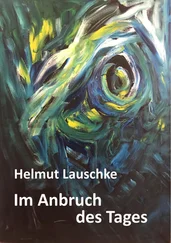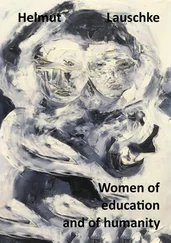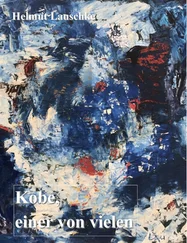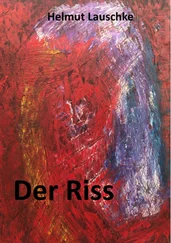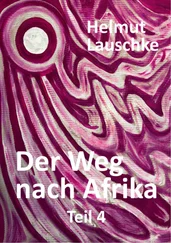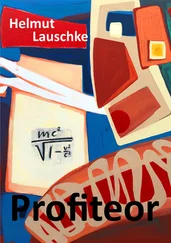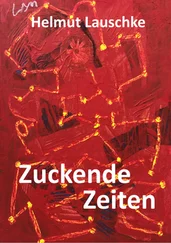View and knowledge of people holistically incorporate the planetary expanses into the awareness of personal causality. The ethics is centered on the degree of morality in the point of view and visual analysis in the inclusion of fellow human beings.
In thinking, doing and in society, ethics deals with the actions of large ranges and scales, which go beyond prejudices, prior knowledge and assumptions. All of this calls responsibility to the center of ethics in the touched dimensions of space and time. It will be the responsibility that is put to the test again and again in thinking and human action, because it is the human being who gets lost in his mistakes and gets stuck.
The progress in its global dynamics exceeds the limits of reality in the thoughtful reflection that mentally and physically, there are increasingly disturbances in well-being through loneliness with the feeling of being lost and severe mental-physical illnesses that socially marginalize the individual existence and tear into the depths of misery.
The external progress goes hand in hand with the internal depression, where the hope of a life in human dignity often turns into hopelessness and lies on the ground of despair and disruption. When setting goals, there is also human immodesty that the path taken is the wrong one and does not lead to the goal.
That is why responsibility includes the axioms fear and awe in order to protect yourself as a person in the often dubious freedom against the arbitrary encroachments of power and injustice. Utopia is one side and reality is the other side of existence, there is no solid line between them.
The state of man is determined by his nature and the nature of things around him. This also makes the good in people recognizable. Human action in its breadth and the responsibility of what it does are included. Humans have learned that despite their inventive size they have remained small compared to the natural elements, which is reflected in the gaps in knowledge and research errors.
The freedoms which man takes out may have wounded the essence of nature, but man has not diminished the essence of nature in its greatness and breadth, its diversity and grandeur. Rather, the human being stands speechless in amazement in front of her silent tolerance and forces himself in mental reflection to respect the fertile soil and the life on it with the measure of personal modesty.
Even if man has made significant diagnostic advances for many diseases and found ways of healing, mortality does not bow to him. This teaches him to respect nature and not to exploit it greedily if he wants to avoid the apocalypse with the end of humanity.
The interventions in nature for the continuation of life must therefore be considered more carefully and critically, thought out and handled more exact-narrowly if the planet is to recover from human interventions and life is to continue. Science and art can continue to achieve great things if people behave in a disciplined, educated and nature-friendly manner. He must recognize the limits of the conquests he has made and further planned. Any kind of exaggeration is harmful and annihilated, which in large part cannot be restored.
Arbitrariness comes from self-determination, which is able to destroy the basis with its principles for human existence, so that it is practically suspended. That is the cause of the social inflammation and social friction. The forces necessary to create the balance for more justice work in the direction of entropy. In compensating for the deviations, the goal is that state as it was before the eruptions of human arbitrariness with the freedom taken for itself.
That is, the control of man in his actions is incomplete and deficient, against which human nature rises. Man's nature is above his responsibility. Human will and prudence must be compatible with morality. The forces of reason must be strengthened and concordant in morality, defend and consolidate their principles and hand them over to the next generation in an understandable way. In this way, ethics is "reformed" and brought up to date in terms of content and language. The righteousness of the young generation is declared and handed over to them "in trustworthy hands".
The principles and commandments of ethics must be preserved in human life and must be observed by people. It means that ethics itself has to live, to survive and to live on in the following generations. Its death would be no less than the death of humanity. In this way, the doctor and patient are partakers of the common present, where the patient is entitled to the physician's good human behavior. That is then the morality in for and to one another.
There is the critical vulnerability of nature, which includes the nature of man through to the patient, caused by a variety of technical human interventions. The injuries caused are mostly unintentional, but can be clearly identified in the damage done. So the realization is often accompanied by the shock of horror of what science has done and damaged. It is the causal factor that has fallen out of the joint of logic or ’post rerum’ ( post tot discrimina rerum = after so many crises of things ) has been torn out of the joint.
The fact is that human behavior is constantly changing ( Heraklit: ‘Panta rhei’ = everything flows ) and trying on totally new objects of unknown sizes and degrees of difficulty and developing new skills in the handling and design of these objects. The human thirst for knowledge and handling goes into the biosphere and from there up into the atmosphere around the planet. There are research objects which the researcher has to expand, align and focus more precisely on in order to cope with the limitation of the research assignment in relation to adjacent objects.
Since the objects of the visual as well as the spiritual field of vision become larger, the question arises as to whether nature as a whole and everything that permeates everything falls under human responsibility and is to be classified there. In this context, the order of magnitude of ethics and the duties to be derived from it must be considered and adjusted.
The ‘interest’ in responsibility is bilateral or even multilateral, which man cannot bend unilaterally because it was given in the present of the creative power of nature and will be passed on for the future. Man depends on the state of nature. The ethics is directed towards humans in the expansion of the causal series in the simultaneity and spatial expansion, when the technology is set in motion and the direction of the walk with the new order of magnitude and the new being as a factor in the equation of the expanded ethics.
On the home stretch of mankind, health, welfare, education and righteousness stand side by side in order to give people the basis to fulfill the hopes and expectations of a life in mutual respect, justice and dignity with the happiness of love in comprehensive humanity.
The line between the natural and the artificial becomes blurred. The gap between the two is narrowing, so that it is a matter of time before this gap no longer exists. The artificial and artistic works that have become the world affect people as if nature were now technically renewable. This aspect of the renewal of being with the technically understood freedom has only recently entered human life.
People and society feel threatened existentially and humanly through the loss of humanity through this technology due to the lack of inadequate experience. The decreasing willingness to talk and the increasing loneliness, which already sets in childhood, give cause for great concern, since anxiety about being and mental and physical disorders increasingly lead to illnesses that have to be treated medically.
The acceptance of the present also serves as an introduction to the imaginary preparation for the future. From a religious point of view, current action is directed towards the state after death. Man asks ( in prayer ) for God's shield of grace and for the continued life of his soul after the forgiveness of sins. At the same time, man knows about his wrongdoings, that he does not deserve bliss. It is God in his mercy who gives bliss to man. This expectation far exceeds the idea of what ethics is and what it means, and what it carries and commands. With the divine gift of eternal bliss, every kind of human preparation for life after death becomes less important.
Читать дальше
